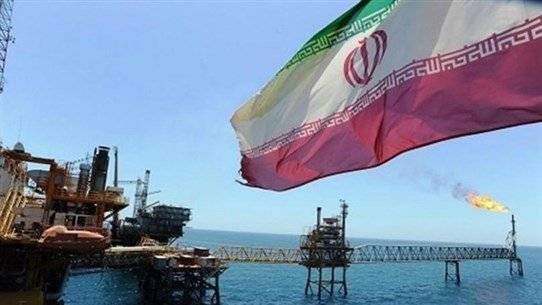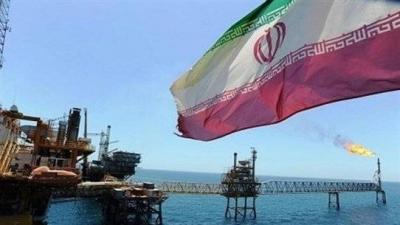The Lebanese, caught between the hammer of total power cuts from the "state electricity" and the anvil of high-priced generators imposing restrictions, are pinning their hopes on the Iranian oil gift, in the hope of enjoying a few hours of electricity supply. However, with the ongoing SWAP deals and U.S. sanctions on Iran, will this fuel reach Lebanon, and what are the final quantities being obtained? We find ourselves facing a significant headline while the content is empty and the results remain uncertain.
An oil expert explains through "Akhbar Al-Yawm" agency that the electricity production plants in Lebanon operate on GAZ OIL; thus, SWAP operations are necessary to convert Iraqi or Iranian oil into fuels that meet the operational specifications of these plants. He notes that operating the plants to secure nine hours of daily supply (equivalent to 900 megawatts) requires 1.6 million tons of GAZ OIL annually. He points out that the Iranian gift, estimated at around 600,000 tons of fuel for five months, will not reach Lebanon in the same quantity due to losses incurred during the SWAP process. He mentions that 600,000 tons of GAZ OIL would provide nine hours of supply for four months.
Sources indicate that the General Directorate of Oil is responsible for organizing the deals and SWAP operations. Regarding Iraqi fuel, there has been much ambiguity about the final quantity reaching the electricity plants.
On the other hand, the same expert discusses the transportation of Iranian oil, questioning: Will it be via ships, and where will they dock? Will they carry other materials alongside the fuel? Can Arab ports receive them in light of U.S. sanctions, or is Lebanon exempt since this oil is a 100% gift? Will other countries also be exempt? If the transportation is through tankers, this will take a long time.
The expert continues: If Iranian fuel reaches Lebanon, which company will accept to perform the SWAP operations and deal with fuel subject to U.S. sanctions? He states that they haven't heard so far that the U.S. will lift sanctions on that gift, noting that Washington has not lifted sanctions on Syria to allow for the implementation of a gas import project from Egypt via the Arab Gas Pipeline passing through Jordan and Syria then to Lebanon.
The expert rules out dealings with well-known global companies like the UAE's ENOC and the Omani company for SWAP operations similar to the Iraqi oil. He asserts that if we assume that an obscure company agreed to the deal, it would be putting itself in a dangerous position. Therefore, prices and quantities will lack transparency, as the operation will be illegal under global regulations, since any company dealing with Iranian fuel cannot engage with any bank within the global financial system.
He believes that the quantity of 600,000 tons will reach Lebanon at less than 150,000 tons (in light of global prices and the requirements of the SWAP), but Iranian officials understand that the gift will be divided over six months, with 100,000 tons each month. Given the global prices and considering that we are facing oil subjected to sanctions, Lebanon will, at best, obtain 20,000 or 25,000 tons of gas oil, translating to one hour of electricity daily.
The expert also questions whether Lebanon can bear the costs of transporting these goods to and from Beirut to facilitate the SWAP operations, highlighting the many contracts and the considerable ambiguity surrounding the final quantities that Lebanon will benefit from.




